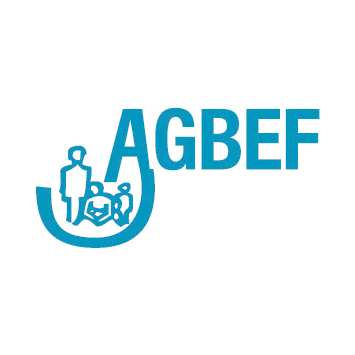

| 31 March 2016
Association Guinéenne pour le Bien-Etre Familial
Established in 1985, IPPF’s Member Association in Guinea-Conakry faces many stark sexual and reproductive health (SRH) challenges including some of the highest fertility and child mortality rates in the world, coupled with very low levels of contraceptive use. The Association Guinéenne pour le Bien-être Familial (AGBEF) has mounted a vigorous response to these challenges. Through its services points (static clinics, mobile clinics, associated clinics, community-based distributors (CBDs) and community-based services (CBSs) the organization reaches out to poor and marginalized groups with a particular emphasis on young women and men, and displaced persons and refugees. The Member Association’s services include disseminating information, education and communication around sexual and reproductive health (SRH); youth-friendly SRH services; prevention and management of sexually transmitted infections (STIs) and HIV and AIDS through interventions such as voluntary counselling and testing (VCT); improving access to contraceptives at community level; and advocating and mobilizing the public to demand their SRH rights. AGBEF’s team includes volunteers, peer educators and thousand of CBDs. Its youth action movement has a membership of over 100. The Member Association partners with government departments and large international NGOs to promote and develop its work.

| 31 March 2016
Family Planning Association of Nepal
Established in 1959, the Family Planning Association of Nepal (FPAN) first joined IPPF in 1960 and become a full Member Association in 1969. When it was established, the idea of family planning was considered inimical to religious, cultural and social norms. With the institution of a government Maternal and Child Health Division in 1969, FPAN began to supplement and complement the national health and population programmes. Target populations include injecting drug users (IDUs), lesbian, gay, bi-sexual, trans-sexual and intersex (LGBTI) individuals, people living with HIV (PLHIV), survivors of gender-based violence (GBV) and trafficked returnees and refugees. FPAN serves these populations through an extensive network of 2,750 service points, comprising 127 static clinics, 116 mobile facilities, 184 associated clinics, 543 other agencies, and over 2,000 community-based distributors/services (CBDs/CBSs). Key areas of emphasis include adolescents' sexual and reproductive health, HIV and AIDS prevention and treatment, safe abortion, advocacy for sexual and reproductive health and rights (SRHR), the prevention of gender-based violence (GBV) and support for its victims, and the promotion of access to sexual and reproductive health (SRH) information and services to marginalized and under-served groups. With the dedicated backing of 450 full-time professional staff, 1000 community counsellors, 4000 peer educators and 11,000 grassroots volunteers, FPAN has the capacity to mobilize on a large scale, and with the support of over 20 governmental departments, non-governmental organizations (NGOs) and foundations, it has a secure funding base to maintain and expand its comprehensive programme of activities. Contacts Website: www.fpan.org







